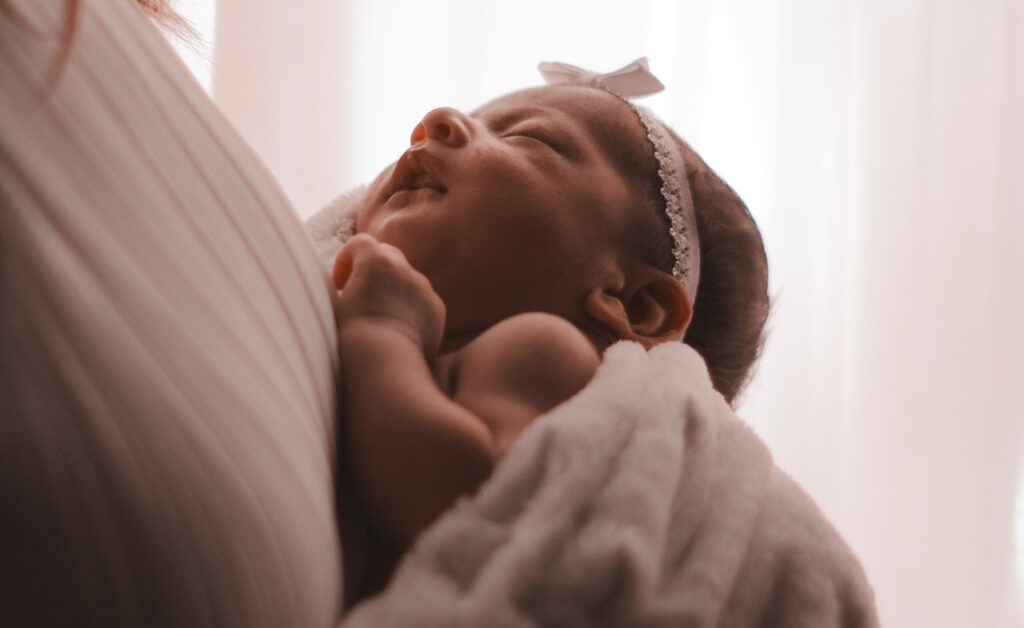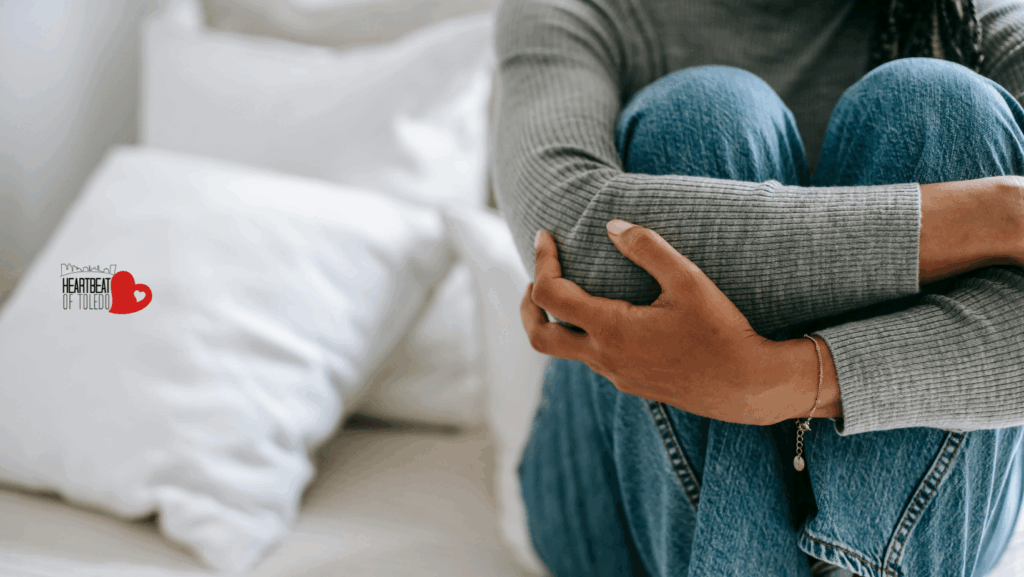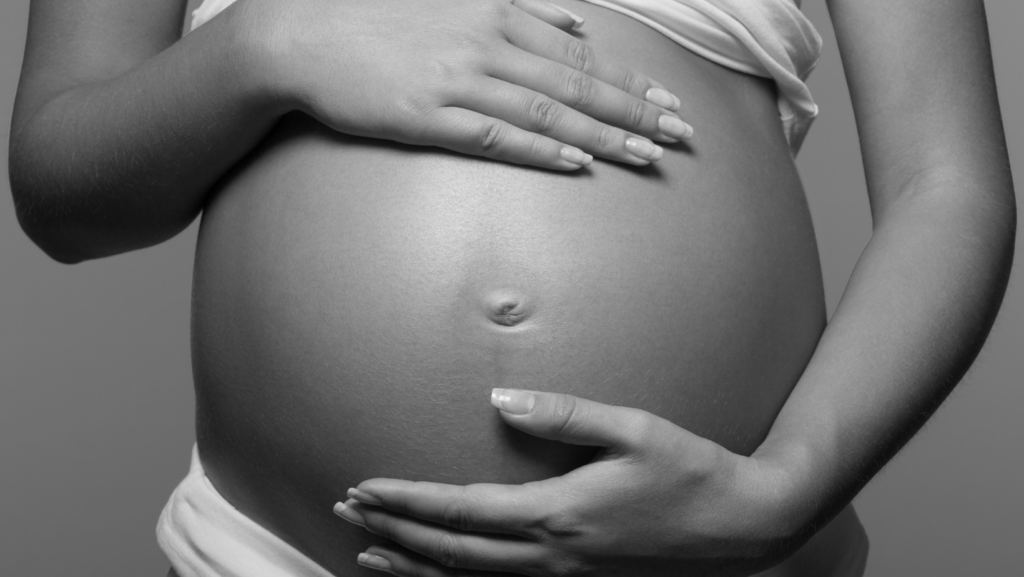Safety Tips for New Mothers
Taking care of a newborn while saddled with COVID-19 can be challenging. You want to keep you and your baby safe but wonder how to best go about it. While passing the virus to your child in utero is unlikely, your baby can become infected through person-to-person contact.
These early days are crucial for both you and your baby. Therefore, it’s essential to be aware of these simple precautions when dealing with COVID-19 and caring for your newborn.
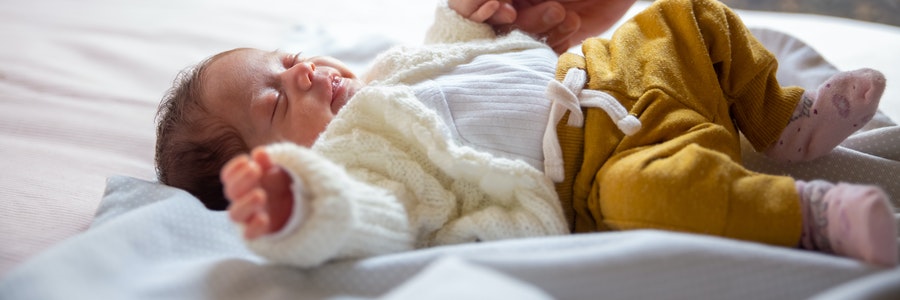
You and Your Baby At Home
Here is a helpful list of things to keep in mind for your and your newborn’s safety:
- Discuss with your doctor how long you or your baby should remain isolated. It could be a few weeks.
- Wear a mask when around other people—including your newborn. Children under two should not wear a face cover.
- Limit contact with people in your home, including your baby. If you can, use a separate bedroom bathroom.
- Use a tissue to cover your mouth and nose whenever you cough or sneeze. Throw the tissue in the trash right away.
- Wash your hands thoroughly after you cough or sneeze. Use soap and water, and scrub for at least 30 seconds.
- Make liberal use of an alcohol-based hand sanitizer.
- Stay home. Leave your home only for medical appointments. This also means not going to school, work, or public areas.
- Avoid public transportation and taxis unless you have no choice.
- To help prevent blood clots, get up and move around as often as possible. This could be a good time to do some household disinfecting.
- Avoid sharing personal household items like cups, glasses, utensils, towels, and bedding.
Tips For Breastfeeding
So far, COVID-19 has not been detected in breast milk, but it’s not entirely known if spreading through breastfeeding is possible. Talk with your doctor about breastfeeding while you are sick. In the meantime, here are a few things to keep in mind:
- Wash your hands well before touching or picking up your baby.
- Wear a mask or face cover while breastfeeding or any other time you hold your baby.
- Wash your hands thoroughly before handling the pump or bottle if pumping breastmilk. Make sure to clean the pump when finished.
- Consider having someone who isn’t sick give your baby the bottle.
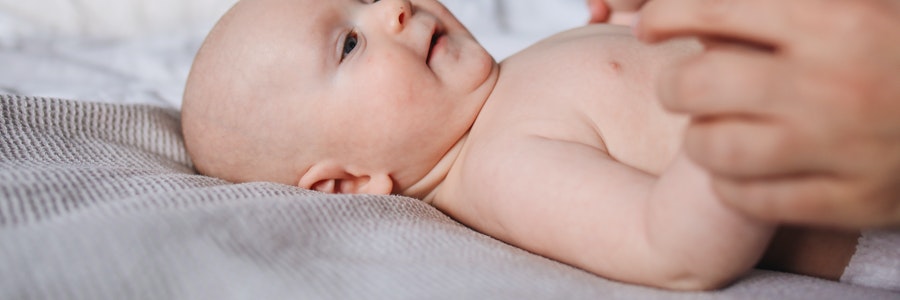
When To Call For Help
Seek immediate medical care if you experience any of these symptoms:
- Constant chest pain or pressure.
- Trouble breathing.
- Coughing up blood.
- Severe light-headedness.
- Having trouble thinking clearly.
- Exhibit signs of low blood pressure.
- Your face and lips exhibit blueness.
Keeping an Eye On You and Your Baby’s Health
Watch closely for any changes in your health or the health of your newborn. Be sure to contact your doctor or nurse helpline if you have any concerns. If you are worried that your baby is ill, call and seek immediate medical care.
Hopefully, all of this will pass soon, but it will pass quicker when everyone makes sensible decisions about their health and the health of those around them.
If you are in the Northwest Ohio region and need help with all that is involved in becoming a new mother, reach out to our organization for assistance.

